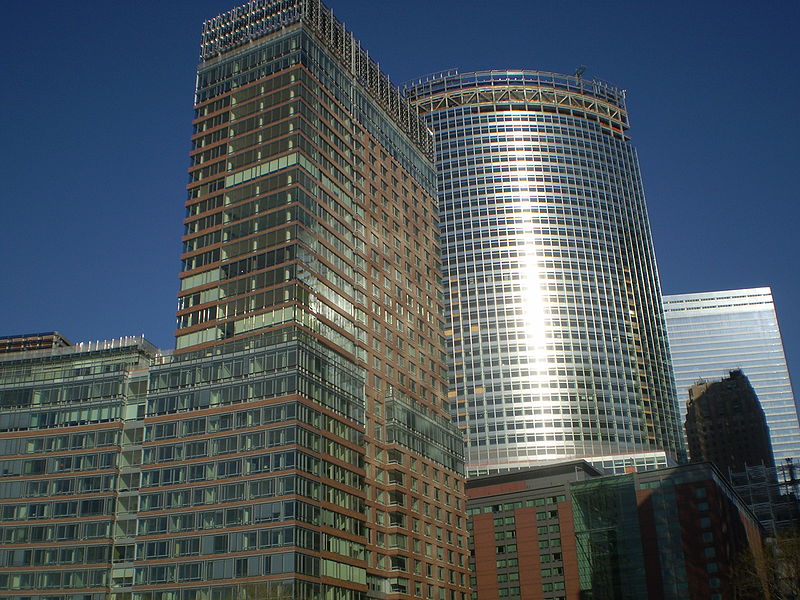Click here for a FREE, 90-day trail subscription to our PSW Report!
Paul Krugman: The Joy of Sachs
 Courtesy of Mark Thoma at Economist’s View
Courtesy of Mark Thoma at Economist’s View
What can we learn from the fact that Goldman Sachs earned record profits despite the stagnation in the broader economy?:
The Joy of Sachs, by Paul Krugman, Commentary, NY Times: The American economy remains in dire straits, with one worker in six unemployed or underemployed. Yet Goldman Sachs just reported record quarterly profits — and it’s preparing to hand out huge bonuses, comparable to what it was paying before the crisis. What does this contrast tell us?
First, it tells us that Goldman is very good at what it does. Unfortunately, what it does is bad for America.
Second, it shows that Wall Street’s bad habits — above all, the system of compensation that helped cause the financial crisis — have not gone away.
Third, it shows that by rescuing the financial system without reforming it, Washington has … made another crisis more likely.
Let’s start by talking about how Goldman makes money.
Over the past generation — ever since the banking deregulation of the Reagan years — the U.S. economy has been “financialized.” The business of moving money around, of slicing, dicing and repackaging financial claims, has soared…
Such growth would be fine if financialization really delivered on its promises — if financial firms made money by directing capital to its most productive uses, by developing innovative ways to spread and reduce risk. But can anyone, at this point, make those claims with a straight face? …
Goldman’s role in the financialization of America was similar to that of other players, except for one thing: Goldman didn’t believe its own hype. … Goldman, famously, made a lot of money selling securities backed by subprime mortgages — then made a lot more money by selling mortgage-backed securities short, just before their value crashed. All of this was perfectly legal, but the net effect was that Goldman made profits by playing the rest of us for suckers.
And Wall Streeters have every incentive to keep playing that kind of game.
The huge bonuses Goldman will soon hand out show that financial-industry highfliers are still operating under a system of heads they win, tails other people lose. … You have every reason, then, to steer investors into taking risks they don’t understand.
And the events of the past year have skewed those incentives even more, by putting taxpayers as well as investors on the hook if things go wrong. … Wall Street in general, Goldman very much included, benefited hugely from the government’s provision of a financial backstop — an assurance that it will rescue major financial players whenever things go wrong.
You can argue that such rescues are necessary if we’re to avoid a replay of the Great Depression. In fact, I agree. But the result is that the financial system’s liabilities are now backed by an implicit government guarantee.
Now, the last time there was a comparable expansion of the financial safety net, the creation of federal deposit insurance in the 1930s, it was accompanied by much tighter regulation, to ensure that banks didn’t abuse their privileges. This time, new regulations are still in the drawing-board stage — and the finance lobby is already fighting against even the most basic protections for consumers.
If these lobbying efforts succeed, we’ll have set the stage for an even bigger financial disaster a few years down the road. The next crisis could look something like the savings-and-loan mess of the 1980s, in which deregulated banks gambled with, or in some cases stole, taxpayers’ money — except that it would involve the financial industry as a whole.
The bottom line is that Goldman’s blowout quarter is good news for Goldman and the people who work there. It’s good news for financial superstars in general, whose paychecks are rapidly climbing back to precrisis levels. But it’s bad news for almost everyone else.
The other reason we are more vulnerable is, as this story points out, is that "two giants" are emerging from the financial crisis, and they are "starting to tower over the handful of financial titans that used to dominate the industry." Thus, if other competitors cannot recover similarly, and if the government does not use regulation and other means to level the playing field, the banking industry could end up even more concentrated and vulnerable than it was before (a point I wish I’d made here).


